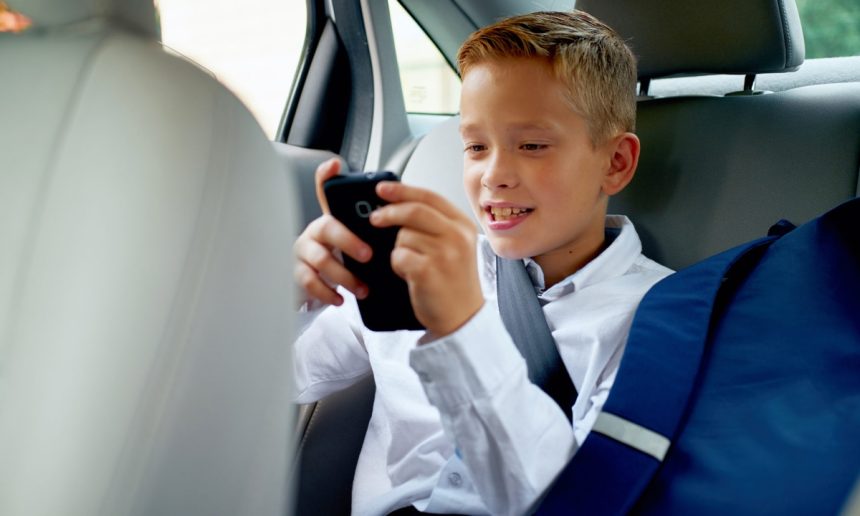With mobile phone bans either already in place or coming to almost all Australian public schools in 2024 – now in effect across all NSW schools with the commencement of term four – educators are calling for further investigation into current policies.
When bans in state schools do become official, it’s up to each individual school to decide exactly how to implement the change, which means that students are unable to use their phones throughout the school day, including at recess and lunchtime. Carrying devices to and from school is still allowed.
The impact on academic focus
Researchers have confirmed that removing smartphones from classrooms improves the academic performance of low-achieving students.
In a 2015 paper, researchers from Carleton University used a difference-in-difference method with data from English schools to measure the effect of banning mobile phones on student performance.
Comparing schools implementing phone bans with those without, researchers saw an immediate academic improvement. Test scores of Year 12 students increased by 6.4 per cent the standard deviation – the equivalent of adding five days to the school year or an additional hour every week.
Lead researcher Associate Professor of Economics Louis-Philippe Beland said the effects were twice as large for low-achieving students.
“Our results suggest low-performing students are more likely to be distracted by the presence of mobile phones, while high-performing students can focus with or without mobile phones,” he wrote in an article published in The Conversation.
With low-achieving students primarily benefiting from bans, Mr Beland suggests these policies could work as a low-cost alternative to closing the academic gap between students.
A global issue
While no data exists for the academic impact in Australia, results from similar studies around the globe warn of a universal issue facing our next generation of learners.
A 2017 case study of Malaysian university students found the more students utilised their smartphones during learning activities, the lower their CGPA.
In Spain and Norway, banning mobile phones increased students’ scores in STEM classes, increased student grade point averages and improved the likeliness of students attending high school over vocational study.
In the US, a 2022 research paper, Problem Technology Use, Academic Performance, and School Connectedness among Adolescents, showed clear evidence technology of all kinds played a serious detrimental role in classroom learning.
In the paper, researchers concluded that excessive use and “problem technology” are highly prevalent among secondary school students and are “associated with lower academic performance and levels of school connectedness”.
A call for further research
In her 2020 article No, Education Minister, We Don’t Have Enough Evidence to Support Banning Mobile Phones in Schools, Professor Marilyn Campbell of QUT says we don’t fully understand the ramifications of the bans.
“The real issue is the dearth of evidence to drive decision-making about students’ use of mobile phones at school,” writes Ms Campbell.
“Until this vacuum is addressed, we cannot know for certain mobile phone bans in schools are a good idea.
“It remains possible current policies are compromising students’ best interests, both now and into the future.”








